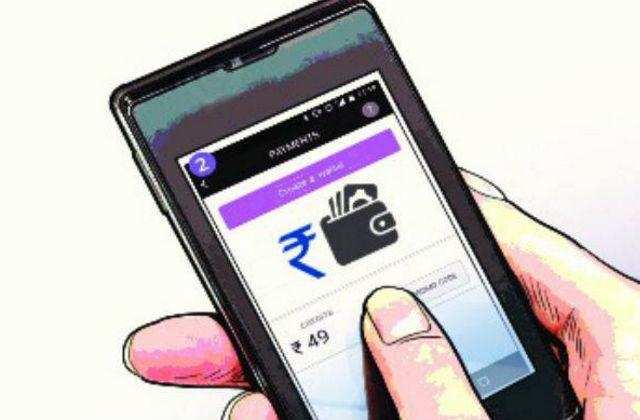 BENGALURU: After e-commerce’s tussle with government regulations, it is now digital payments that is staring at serious uncertainties owing to sector regulations. Lakhs of mobile wallets are set to become invalid by the end of February as these companies are struggling to comply with RBI rules for user-data verification or KYC. It is estimated that as high as 80% of transacting users are yet to comply with KYC. The SC ruling that barred private entities from using Aadhaar has made it tougher for companies to do KYC.
BENGALURU: After e-commerce’s tussle with government regulations, it is now digital payments that is staring at serious uncertainties owing to sector regulations. Lakhs of mobile wallets are set to become invalid by the end of February as these companies are struggling to comply with RBI rules for user-data verification or KYC. It is estimated that as high as 80% of transacting users are yet to comply with KYC. The SC ruling that barred private entities from using Aadhaar has made it tougher for companies to do KYC. While a partial KYC could previously be done on the basis of an OTP to the mobile number, now a full KYC needs to be done, which involves submission of various documents, including ID proof and address proof. For users, who largely use wallets for small payments, the hassle of completing the process has proven to be cumbersome. Many have moved to simpler products like Unified Payments Interface(UPI), which transfers money from one bank account to another directly, without the need to load a wallet. In December, UPI saw over 620 million transactions. In comparison, mobile wallets saw transaction volumes falling in November to under 350 million. The data is from RBI and National Payments Corporation of India(NPCI). Wallets saw exponential growth in the immediate post demonetisation period, but the growth has slowed over time, with degrowth in the last month for which data is available.
The companies say the regulatory hurdles are contradictory to government campaigns to push digital payments. Digital wallets like Paytm, Amazon Pay and MobiKwik are preparing to lose a significant share of their transacting user base. But they are also hoping the regulator grants a feasible solution in time.
“There has been constant discussion with the banking regulator on extension and alternative KYC tools but nothing has been accepted as of now,” a senior executive of a Bengaluru-based payments company said.
The impact on Paytm and Amazon would be more compared to players like PhonePe since the latter is focused more on UPI and is less dependent on its wallet. Amazon has recently started going to users’ doorsteps to collect relevant documents.
No comments:
Post a Comment